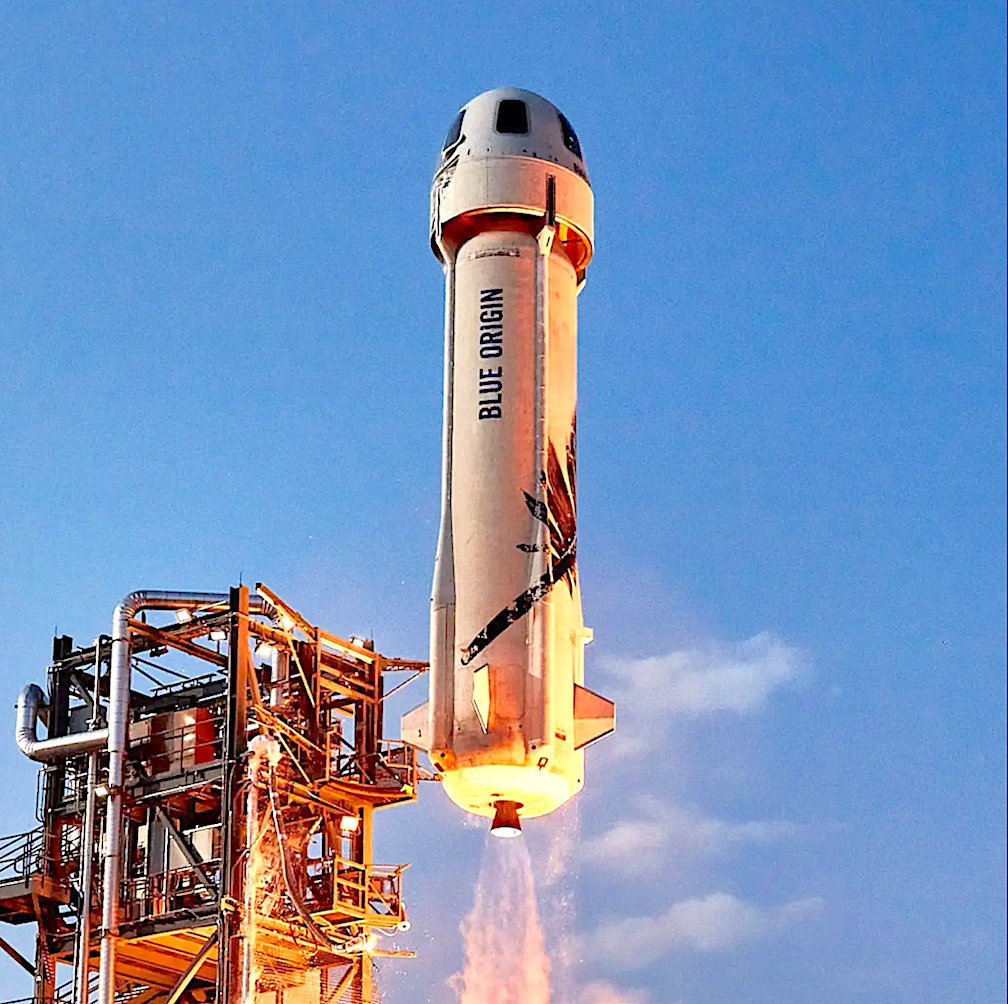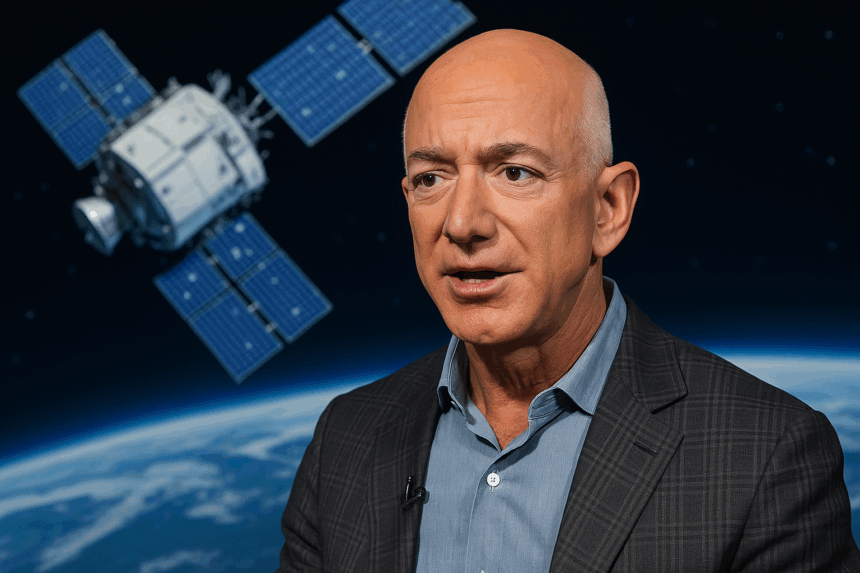Jeff Bezos, founder of Amazon and Blue Origin, believes that the next frontier for data centers lies beyond Earth. Speaking at Italian Tech Week 2025, Bezos shared an ambitious forecast — predicting gigawatt-scale data centers orbiting Earth within 20 years.
What’s Happening & Why This Matters

Bezos’ vision stems from one core idea: energy. As the world’s largest tech companies battle over AI infrastructure, data storage, and processing power, their energy demands have skyrocketed. On Earth, the scale of these AI-driven data centers — from OpenAI to Meta and xAI — rivals that of small cities. Bezos argues that space offers the perfect environment for such large-scale operations, thanks to continuous solar power and the absence of weather disruptions.
“These giant training clusters will be better built in space because we have solar power there, 24/7. There are no clouds, no rain, no weather,” Bezos said.
This kind of thinking mirrors the early optimism of space-based solar projects. It’s not just an energy efficiency play — it’s an infrastructure revolution. Bezos claims the cost of operating space-based data centers could undercut Earth-bound alternatives within the next two decades, once reusable rockets make orbital logistics viable.
The Power of Possibility
Space offers two unmatched advantages for AI-scale computing:
- Unlimited solar energy — constant power generation without atmospheric loss.
- Natural cooling efficiency — radiation and vacuum conditions reduce energy waste from thermal management.
Startups like Lumen Orbit are already exploring similar ideas, targeting orbital data hosting to serve governments, research institutions, and AI labs that require continuous, secure, and high-performance data access.

The challenge, however, lies in execution. Launching multi-ton data clusters into orbit is no small feat. Blue Origin’s New Glenn rocket, Bezos’ heavy-lift answer to SpaceX’s Starship, has yet to complete a successful booster landing. Until then, the vision remains aspirational.
Still, Bezos doesn’t stop at data centers. His broader vision imagines millions of humans living and working in orbit — a future where Earth’s heavy industries move off-planet, leaving our home world “a residential zone.”
“In the next couple of decades, I believe there will be millions of people living in space. That’s how fast this is going to accelerate,” he added.
If this prediction holds true, data centers in orbit could be the first building blocks of a space-based digital economy — where computation, communication, and civilization merge beyond Earth’s atmosphere.
TF Summary: What’s Next
Bezos’ idea may sound like a sci-fi script, but history suggests his timing could be spot on. If reusable rocket technology and orbital manufacturing continue to advance, space-based data centers could emerge as a real alternative to Earth-bound energy bottlenecks. The tech world’s hunger for power — driven by AI — makes this concept more plausible than ever.
MY FORECAST: Expect a growing wave of private investment into space infrastructure startups over the next decade, as companies aim to secure early positions in off-world data operations. Blue Origin’s eventual success with New Glenn could make Bezos’ “orbital cloud” dream one of the next great tech revolutions.
— Text-to-Speech (TTS) provided by gspeech


